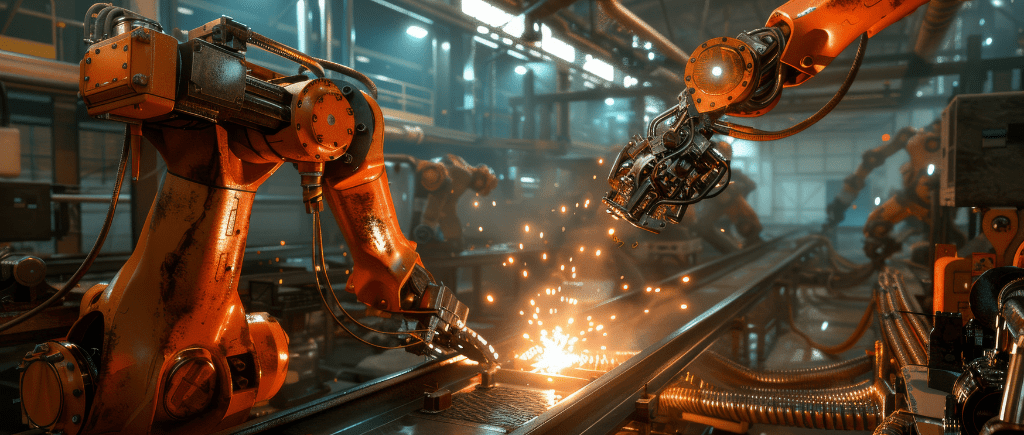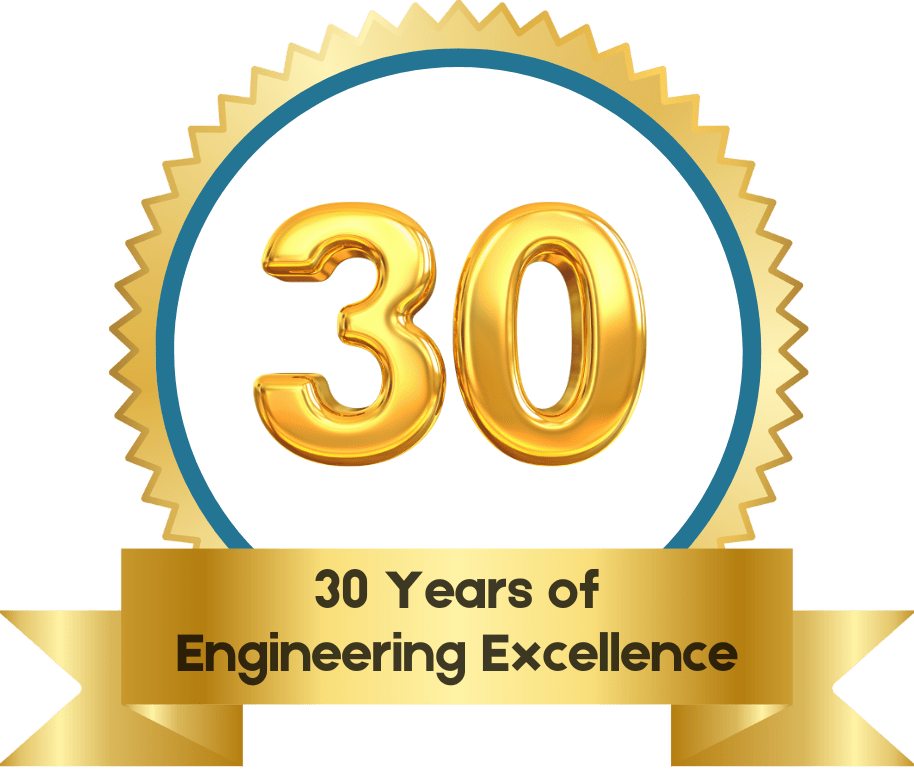Welding electrode technology is evolving rapidly, driven by the need for more efficient, sustainable, and advanced materials and techniques. As industries continue to grow and adapt to new challenges, the demand for improved welding technologies has never been greater. In this article, we’ll delve into the future trends in welding electrode technology that are shaping the industry and what they mean for manufacturers and welders alike.
The Evolution of Welding Electrodes
Welding electrodes have come a long way since their inception. Initially, electrodes were basic, with limited functionality and adaptability. Today, they are designed to cater to specific welding needs, offering enhanced performance and efficiency. The future of welding electrode technology promises even more specialized solutions, with a focus on material innovation, automation, and sustainability.
Advancements in Electrode Materials
One of the most significant trends in welding electrode technology is the development of new materials. Traditional electrodes were primarily made of carbon steel, but the industry is now seeing a shift towards more advanced materials such as stainless steel, aluminum, and nickel alloys. These materials offer better corrosion resistance, higher strength, and improved weld quality, making them ideal for various applications, especially in industries like aerospace and automotive.
High-Performance Coatings
The future of welding electrode technology also includes advancements in electrode coatings. High-performance coatings are being developed to enhance the durability and efficiency of electrodes. These coatings are designed to withstand extreme conditions, reduce spatter, and improve arc stability, resulting in better weld quality and reduced downtime. In addition, some coatings are formulated to reduce the emission of harmful fumes, contributing to a safer working environment.
Automation and Robotics Integration

Automation is becoming increasingly prevalent in the welding industry, and welding electrode technology is no exception. The integration of robotics and automated systems with welding electrodes is revolutionizing the way welding is performed. Automated welding processes not only increase efficiency but also ensure consistent weld quality. This trend is expected to continue, with more industries adopting automated welding systems to meet the growing demand for high-quality, precision welding.
Smart Welding Electrodes
As technology continues to advance, we are seeing the emergence of smart welding electrodes. These electrodes are equipped with sensors and monitoring systems that provide real-time data on the welding process. This data can be used to optimize welding parameters, improve weld quality, and reduce material waste. Smart electrodes are particularly useful in industries where precision and quality are paramount, such as aerospace and medical device manufacturing.
Sustainable Welding Practices
Sustainability is a key focus in many industries, and welding is no exception. The future of welding electrode technology is likely to see a shift towards more sustainable practices, including the development of eco-friendly electrodes. These electrodes are designed to minimize environmental impact by reducing the consumption of raw materials and energy, as well as decreasing harmful emissions during the welding process. Additionally, recycling and reusing electrode materials will become more common as the industry strives to reduce its carbon footprint.
Improved Arc Stability
Arc stability is crucial for achieving high-quality welds, and advancements in welding electrode technology are focused on improving this aspect. Electrodes with enhanced arc stability provide smoother welding processes, reduce spatter, and minimize defects in the weld. This trend is particularly important in applications where precision and aesthetics are critical, such as in the construction of high-rise buildings and bridges.
Customization and Specialized Electrodes
As industries become more specialized, the demand for customized welding electrodes is increasing. Manufacturers are now able to produce electrodes tailored to specific applications, whether it be for welding dissimilar metals, working in extreme environments, or achieving a particular weld appearance. Customization allows for greater flexibility and efficiency in welding processes, meeting the unique needs of various industries.
Nanotechnology in Welding Electrodes
Nanotechnology is making its way into welding electrode technology, offering the potential for significant improvements in weld quality and efficiency. Nanoparticles can be incorporated into electrode coatings to enhance properties such as thermal conductivity, electrical conductivity, and mechanical strength. This technology is still in its early stages, but it holds great promise for the future of welding electrodes, particularly in high-tech industries like aerospace and electronics.
Enhanced Safety Features
Safety is always a priority in welding, and future welding electrode technology will likely include enhanced safety features. This includes the development of electrodes that produce fewer harmful fumes, as well as those designed to minimize the risk of electric shock. Safety-focused electrodes will contribute to a safer working environment for welders, reducing the risk of accidents and long-term health issues.
Global Trends and Market Impact
The global market for welding electrodes is expected to grow as industries continue to expand and adopt new technologies. Emerging markets, particularly in Asia and Africa, are likely to drive demand for welding electrodes as infrastructure projects and industrialization efforts increase. Additionally, the shift towards automation and smart technologies will further fuel the demand for advanced welding electrodes. Manufacturers will need to stay ahead of these trends to remain competitive in the global market.
The future of welding electrode technology is bright, with numerous advancements on the horizon. From material innovation to automation and sustainability, these trends are set to transform the industry, offering improved performance, efficiency, and safety. As the demand for high-quality welding continues to grow, the development of specialized, eco-friendly, and smart welding electrodes will be essential in meeting the needs of various industries. By staying at the forefront of these trends, manufacturers and welders alike can ensure they are well-equipped to tackle the challenges of tomorrow.




